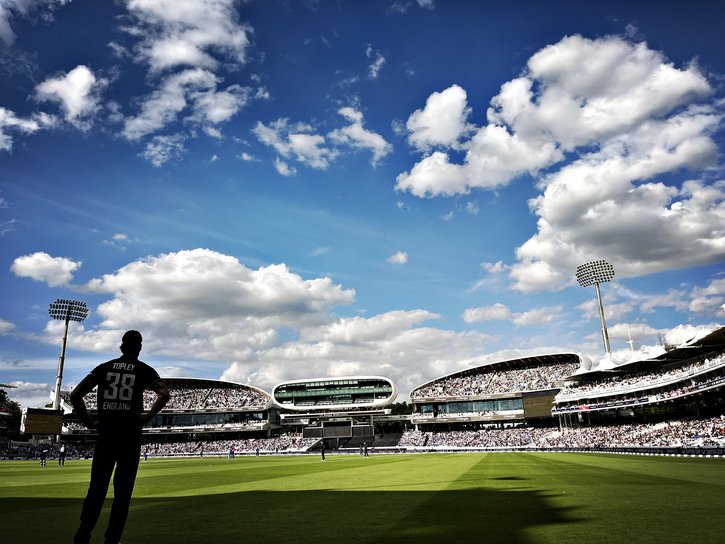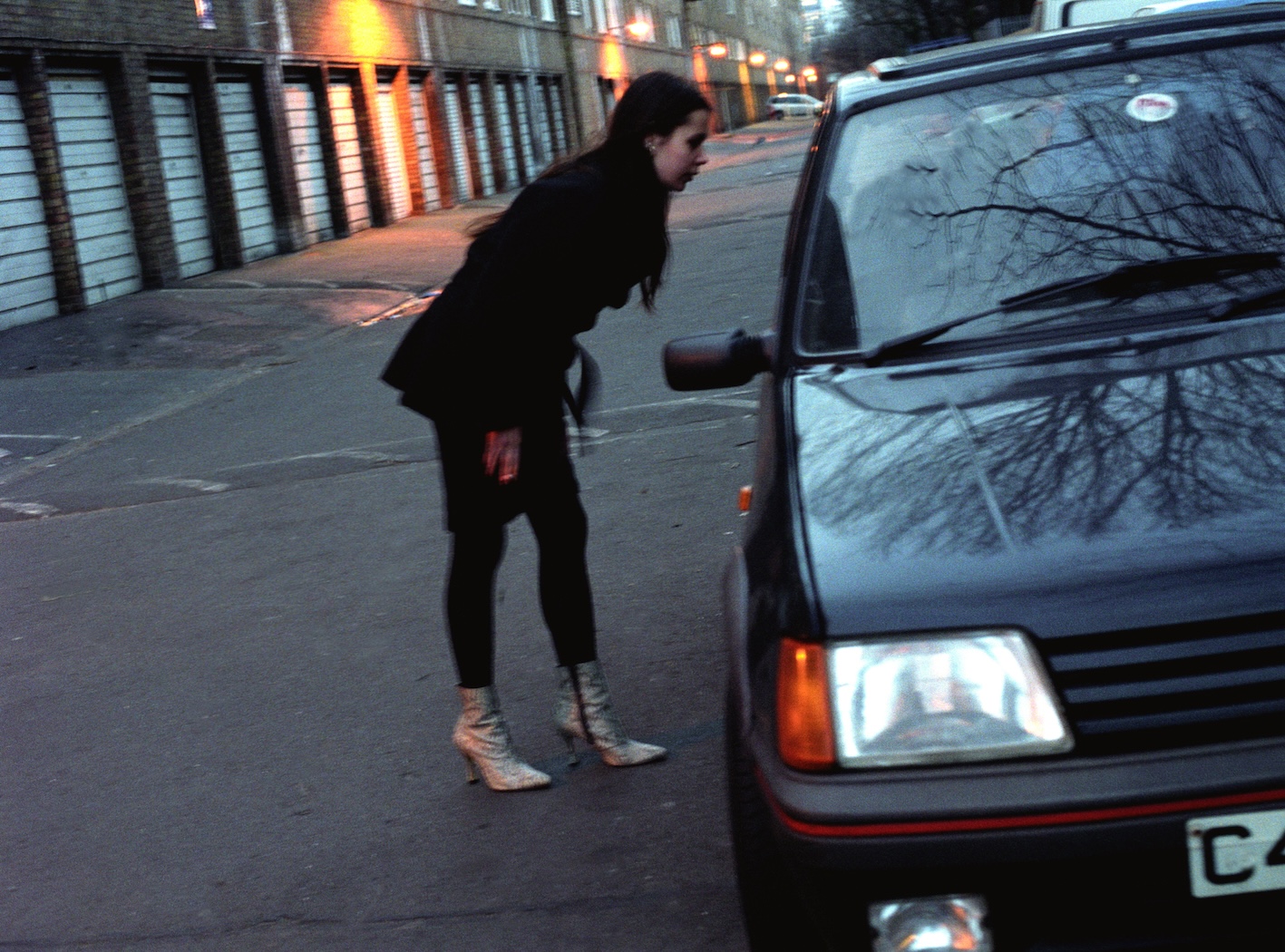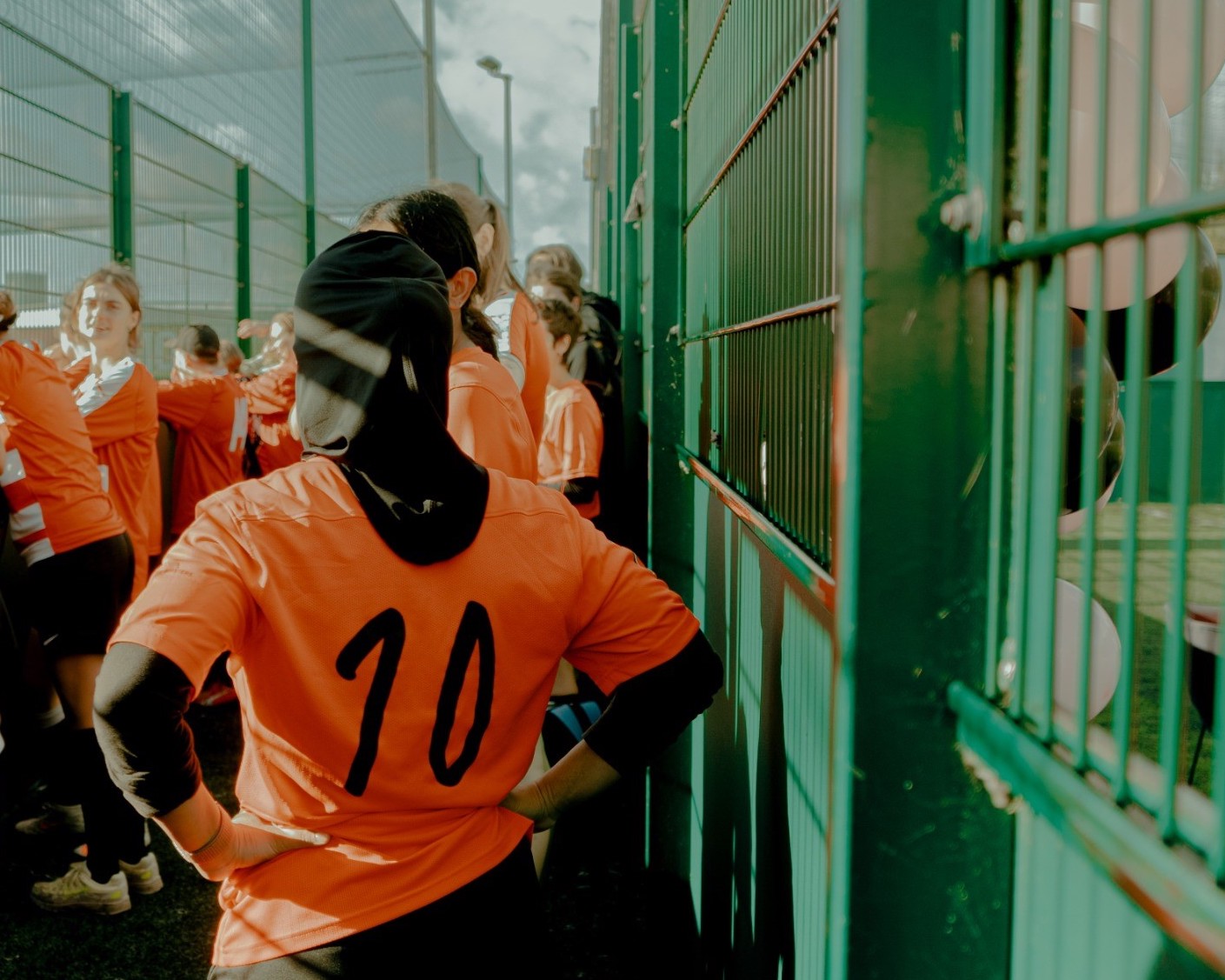Every March, for one week, Cheltenham swells to triple its usual population, with more than 300,000 attending Cheltenham Festival. The town is transformed by racing fever as it welcomes an influx of A-Listers, minor royals, seasoned bookies and everyday punters. It becomes a hedonistic playground of gambling, drinking, and partying - complete with pop-up strip clubs.
The festival generates millions of pounds for local businesses and authorities. The University of Gloucestershire estimated that the 2022 March festival had a total economic impact of £274 million in 2022 alone, with the average attendee dropping a staggering £697 just inside the Racecourse.
But there is a darker side to the festivities. A 2021 survey by Cheltenham Borough Council found that during the March festival, 75% of women and girls in and around Cheltenham reported feeling unsafe. Survey respondents said that they change their behaviour due to the risk of personal insecurity that race week brings.
What happens after a day at the races, is for many, an even bigger attraction. Eroticats, Cheltenham’s only Sexual Entertainment Venue [SEV] provider, manages pop-up strip clubs in Cheltenham that coincide with race meets. The company even offers courtesy shuttle rides for customers directly from the racecourse to their establishments in the town centre.
Currently, the law permits non-licensed venues to hold up to 11, non-consecutive, live sexual entertainment events a year. Last year, the owner of Eroticats Red Apple Associates Ltd applied for additional licences and have since been granted permission by the council to run a sexual entertainment venue for 17 nights this year.
“So many women consistently report that they feel unsafe in and around sexual entertainment venues,” Justice Secretary Alex Chalk, the local Conservative MP, tells The Lead. “The very presence of SEVs in Cheltenham contributes to a sense of fear, and creates this menacing atmosphere.”
But are the vocal critics of SEVs in Cheltenham looking in the wrong direction? Certainly, in my experience, the annual racing week has contributed to a sense of personal insecurity and loss of freedom to walk the streets, but the causes of this deeply problematic culture are much more wide-ranging.
Growing up three doors down from Cheltenham Racecourse, my annual calendar was punctuated by the hordes of racegoers (mostly men) that streamed past my bedroom windows before and after every day of the event. Race week fever was intoxicating: you didn’t even need to enter the course to get a taste. As young children, my brother, sister and I studiously counted the number of limos that crawled past, giggled every time our mum shouted at someone drunk for pissing on our front garden, and revelled in the upset to our daily routines.
As I got older, the March festival became a source of anxiety and restrictions. Hard-won hangout privileges would be rescinded by my parents: “You can’t go out tonight”, “You’re not walking there, not tonight the races are on.” Their fears for me drove home my own emerging adolescent awareness that teenage girls weren’t safe walking among boisterous crowds decked in tweed, reeking of cheap aftershave, booze and stale smoke.
"A man did corner me and scream in my face: ‘I want to shag you’, but honestly I was expecting worse.”
Only a few years later, I would often get cat-called or receive inappropriate comments when returning from school during race week. It was then I fully understood my parents’ concerns and why they insisted on meeting my older sister when she finished her hospitality shifts at the Jockey Club - the hosting organisation of the event - though it was only a two-minute walk.
Most women I know in Cheltenham have experienced some form of sexual harassment or assault during these racing events.
Sammy, 46, who has also lived near the racecourse for more than twenty years, tells me that “racegoers are drunk before they even get to the course and considerably more so when they leave.” When walking her dog, returning from work, fetching her children or “just doing normal everyday activities,” Sammy says she has been “jostled, intimidated and had sexual remarks hurled at me… it is kind of like this pack mentality when they are all in big groups.” She adds that as a mother of teenagers she feels “extremely scared and upset that my girls have to experience this.”
Another friend of mine, 26, remembers one incident on her walk home from work: “I was already dreading the walk back and it wasn’t actually as bad as I thought… a man did corner me and scream in my face: ‘I want to shag you’, but honestly I was expecting worse.”
Blame the strippers
Some of the loudest opponents to the licensing of new SEVs to serve the Festival footfall have been Gloucestershire’s Police and Crime Commissioner Chris Nelson and local conservative MP, Alex Chalk. Nelson, in particular, callled on the Council to “prioritise the safety and rights of women and girls over profit making”. The Nelson Trust (no relation; an organisation that works with women involved in the sex trade in Gloucestershire) and GRASAC both submitted objections to the recent licensing, with the Trust arguing SEV licences are “incompatible with women’s rights, safety & equality.”
Sex-worker led organisations and researchers, however, have long contested the assumption that banning SEVs eradicates violence against women.
"Strip clubs are not feminist utopias, workers still experience discrimination and exploitation; but they are also likely not the cause of violence against women and girls in Cheltenham."
In 2021, a proposed ban on strip clubs in Bristol was rejected by the council after evidence from Avon and Somerset Police between 2018-2020 highlighted that incidents of sexual assault and violence were far more common in the city’s popular nightclubs than anywhere else, with the existence of SEVs not appearing to directly impact women’s safety in the city.
Amelie, a representative for the Sex Worker Union and stripper who has worked at Cheltenham, argues many forget that the whole sexual entertainment industry is a “byproduct of financial hardship and sexism - and not the cause.” She adds that causation and correlation between gender-based violence and SEVs should not be confused.
Amelie doesn’t believe banning SEV licences in Cheltenham will make anyone safer: “Criminalisation empowers people who are dangerous, especially dangerous clients,” she says. “It puts all the power back into their hands.”
The Sex Worker Union, alongside many other sex worker-led organisations, unanimously agree there is no evidence to support the idea that the existence of sexual entertainment venues increase violence against women and girls.
While many opponents to SEV licensing argue that the existence of SEVs contributes to the feeling of gendered insecurity during Cheltenham festival, there is actually no evidence that points to the pop-up strip clubs creating more insecurity than any other bar or club in town.
Dr Louise Livesey, chair of the Violence Against Women and Girls Forum in Cheltenham and criminology and sociology lecturer at the University of Gloucestershire, tells The Lead that with many policing resources concentrated to central hubs like the town centre, train station and racecourse, the areas of biggest risk for women and girls are the poorly lit, quieter pathways that connect these areas.
National Ugly Mugs, an organisation that provides greater access to justice and protection for sex workers in the UK, stated that they “view the closures of SEVs, where adult industry workers legally trade, as a dangerously imprecise approach to ending violence against women and gender-based violence.”
A problematic culture
While there is an increase in reported crimes and police incidents during Cheltenham Festival, it should be noted that local sexual violence clinics don’t see an increase in serious sexual assault or rape referrals in Cheltenham.
But Rachel Hole, service and training manager at Gloucestershire Rape and Sexual Abuse Centre [GRASAC], suggests there are many reasons for this - including that sexual violence is chronically underreported, and over half of the attendees for the March Festival come from outside the town. But, she notes, the endemic levels of low-level sexual harassment and assault, make many people feel extremely insecure and unsafe and “play a crucial part in upholding and perpetuating our wider society’s rape culture.”
“The temporary nature of racing events create liminal spaces where normal rules are lifted.”
Hole also notes that many bars and clubs in Cheltenham’s town centre implement temporary safety measures during busy racing events - such as buddying systems, where male bar staff are required to accompany female staff when they go to the toilet or stockroom to avoid unwanted touching or attention. “It’s just what it is, it’s race week,” says Lauren, a local bartender “I don’t think I know any girl who works in a bar who hasn’t been inappropriately touched or approached during the races.”
Hole experienced for herself the rampant culture of sexual harassment while awareness raising for GRASAC last year. It was the Monday evening, just before the March festival kicked off. She remembers: “After exiting a bar where I was sharing key safety information with staff, we walked past a large group of drunk men, one who screamed at me ‘I’d fuck you up the arse.’ The irony was not lost on me… this is literally why I am here, I thought to myself.”
Dr Livesey suggests that alongside widespread crowd dynamics – music concerts, football games and mass protests which can also be unsafe for women – there is a “performance culture of going to the races.”
“The temporary nature of racing events create liminal spaces where normal rules are lifted,” she suggests, adding that attendees might behave entirely differently to how they do in their normal lives.
In the case of horse racing, a sport which has always been extremely competitive, Livesey suggests, visible performances of hyper-traditional masculinity, that include male-on-male violence, excessive drinking, sexual harassment and violence, alongside wider anti-social behaviour, are connected to this idea that “going to the races” is an occasion where normal social rules don’t apply.
Cheltenham is not unique in that regard: Aintree saw several mass brawls in 2023 and Goodwood, in 2018, featured a 50-person brawl.
Strip clubs are not feminist utopias, workers still experience discrimination, unfair working conditions and exploitation; but they are also likely not the cause of violence against women and girls in Cheltenham. As Amelie affirms: When “the so-called rescue industry, people who want us to forcibly exit the industry through criminalising the industry… making it too dangerous for us to work in. It doesn’t solve economic inequality which disproportionately affects women and it doesn’t solve misogyny and violence either.”
Whether or not more SEVs are given the green light to operate in Cheltenham, the annual racing events still mean thousands of intoxicated men pass my parents’ house every time there is a meet. It means thousands of women continue to have to intentionally change their daily routines to avoid encountering large groups leaving the races, and it means hundreds of bar and wait staff continue to face sexual harassment at work.
Such a narrow and intense focus on the possible impact of SEVs runs the risk of overshadowing the important work and progress that local authorities and organisations have made in illuminating the gendered insecurity experienced in Cheltenham during race events, and the more practical steps being taken to tackle this problem.
For further support contact:
-
Gloucestershire Rape and Sexual Abuse Centre [GRASAC] - a charity that offers practical and emotional support, in complete confidence, for women and girls who have experienced rape, sexual assault or sexual abuse. Its ISVA service is for men and women: [email protected] / 01452 526 770 / www.glosrasac.org
- Rape Crisis England & Wales - a feminist organisation that exists to promote the needs and rights of women and girls who have experienced sexual violence, to improve services to them and to work towards the elimination of sexual violence: www.rapecrisis.org.uk





